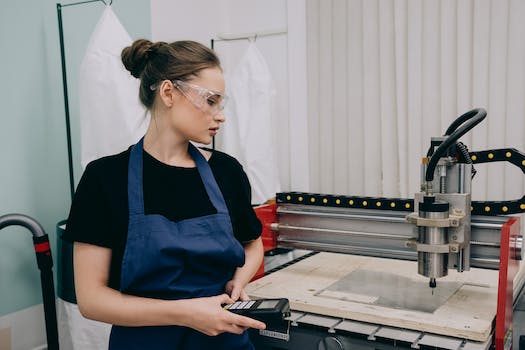As a tech enthusiast, I am always excited to learn about the latest developments in the world of Artificial Intelligence (AI). And, one of the most fascinating applications of AI, in my opinion, has been in modern agriculture.
As someone who has grown up in a family of farmers, I understand the challenges that farmers face on a daily basis. From unpredictable weather conditions to pests and disease outbreaks, the list of challenges can seem endless. This is where AI comes in.
One of the most significant ways in which AI is revolutionizing modern agriculture is through precision farming. Precision farming involves using data and technology to optimize farming practices, such as planting, irrigation, and fertilization, to ensure maximum yields and reduce waste.

For example, AI-powered sensors can be used to collect data on soil moisture, temperature, and nutrient levels, which can then be analyzed to determine the optimal time for planting and harvesting. This not only saves time and resources but also ensures that crops are grown under the best possible conditions.
AI is also being used to detect and diagnose crop diseases and pests. By analyzing data from sensors, drones, and other sources, AI algorithms can identify the early signs of disease or pest infestation, allowing farmers to take action before the problem becomes widespread.
Another exciting application of AI in modern agriculture is in the development of autonomous farming machinery. Autonomous tractors, drones, and other machines can be programmed to perform tasks such as planting, harvesting, and spraying crops, reducing the need for human intervention and increasing efficiency.
Of course, there are also concerns about the potential impact of AI on jobs in the agriculture sector. However, it’s important to note that AI is not meant to replace farmers but rather to assist them. By providing farmers with data-driven insights and automation tools, AI can help farmers to become more productive and efficient while reducing waste and environmental impact.
In conclusion, AI has a significant role to play in modern agriculture, from precision farming to disease detection and autonomous machinery. As someone who cares deeply about the future of agriculture, I am excited to see how AI will continue to transform this vital industry in the years to come.
Leave a Reply